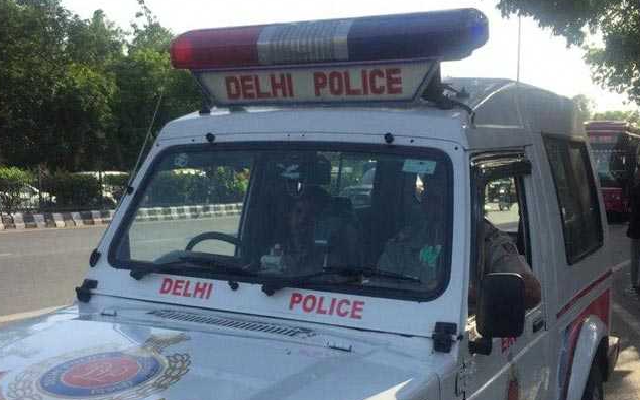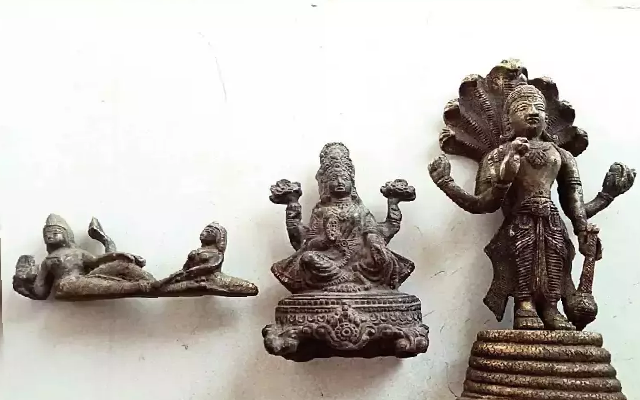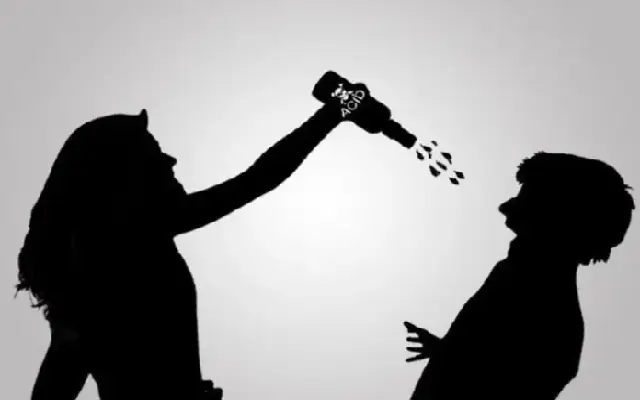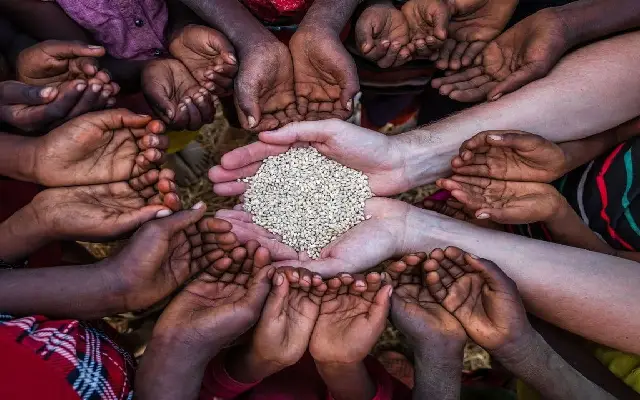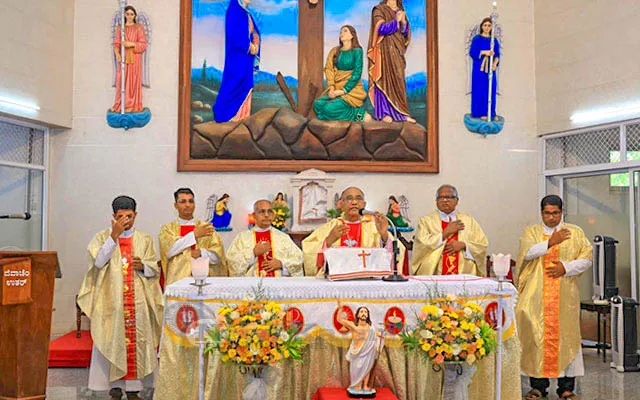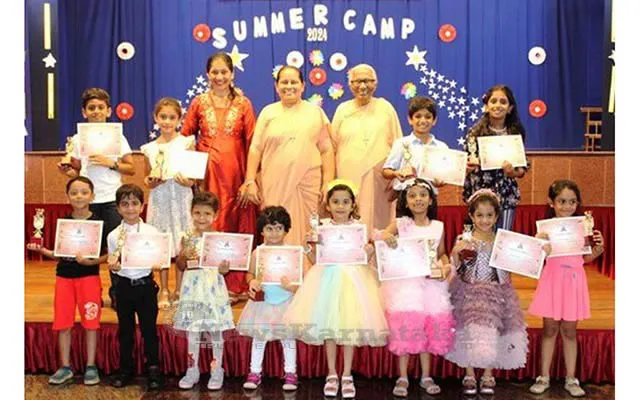A black bag, a gamcha, a green dupatta. It’s impossible to tell what belongs to whom. Except that under each is a number for those who have staked their claim to treatment at the Jan Swasthya Sahyog (JSS) in Ganiyari, about 20 km away from Bilaspur.
For the patients — mostly tribals, some from as far as eastern Madhya Pradesh — the number is their roll call at JSS, the brainchild of a group of eight doctors from AIIMS who left Delhi to bring affordable healthcare to Chhattisgarh in 1997.
 According to Yogesh Jain, a paediatrician and one of the JSS founder-members, it’s all about using “appropriate technology” to reach the poorest of the poor.
According to Yogesh Jain, a paediatrician and one of the JSS founder-members, it’s all about using “appropriate technology” to reach the poorest of the poor.
“It begins with a question… a problem that is faced by people in the villages. Then we try and answer it through science, innovation and ideas. There are 30-odd things that we have developed, of which 26 are being used right now,” he said.
For instance, one of the first challenges for JSS about 15 years ago came from frequent diarrhoea outbreaks in remote villages, mostly through contaminated water.
“The idea was developed that wherever we have health workers, they will have small glass bottles with white tissues inside that has bacterial feed. The water has to be collected in the bottle and carried close to the body of a person for a day, in the folds of a saree or a dress, with the heat enabling incubation. If there is bacteria is in the water, it will feed and the white paper will turn black. In one day, people will know if the water is contaminated,” said Sushil Patil, a coordinator at JSS.
Since then, helped by Dr Pramod Upadhyaya, based at National Institute of Immunology in Delhi, JSS has found answers to many everyday problems.
Among them are: a water purification device that uses UV light technology and works by using a cycle and a steel drum; a spacer for asthma patients that is a steel glass with a styrofoam cover; an in-house electrophoresis machine; and a sleeping bag with an inbuilt pouch for liquified palm oil, which produces heat for children born prematurely.
“We have also made colour-coded thermometers and BP machines. Essentially, we just take out the white strip inside the thermometer, and colour-code it. White is for normal and red for high temperature. It then becomes easy to understand for anybody using it. What we ideally want is that people learn these techniques from us and implement them wherever they are,” said Patil.
But if much of the development of “appropriate technology” revolves around affordability and accessibility, not all of it is purely equipment-based.
“Malaria is often reported from villages that are far away from the main road and the question facing us was how to make blood samples reach us at JSS quickly so we could test them,” said Patil.
“The process that has been evolved is that patients collect blood samples for themselves, and give them to school children who hand it over to owners of pan shops on their way to school. They then hand it over to bus drivers who bring it to Ganiyari in the morning. We test them by the evening, and if found positive, send the reports with pouches of medicines by the same bus that travels back in the evening,” he said.
So why Chhattisgarh? According to Jain, the idea was to work in areas where rural health was at its worst at the time.
For close to three years, the group worked with various health centres, but “the core idea always was to find space of our own where we could address health issues”, Jain said.
JSS representatives said the organisation is a registered society, with funding coming in from both governmental and non-governmental schemes. “One way was to earn money from the services that we provide, but that would take it out of the reach of the poor. So we work basically on funding from organisations, with our tie ups, as well as from our friends and well wishers,” an official said, while listing Tata foundation and Oxfam India among the donors.
On a Sunday afternoon, Sukmi Bai from Korba, sat with her feet crossed on the floor, her son playing a little far away. JSS deals with over 350 patients a day, and Bai’s belongings were not on the ledge yet. In her hand was another small JSS innovation. A box with compartments like in a chessboard, seven across and five down — each had a small medicine case.
“It helps me remember to take my medicine for my stomach ailment. When I see a compartment empty, I know I have missed a day. I might have to wait a few days, and it is over 100 km from my village, but I come, because someone cares,” said Bai.
– Dipankar Ghose, The Indian Express









